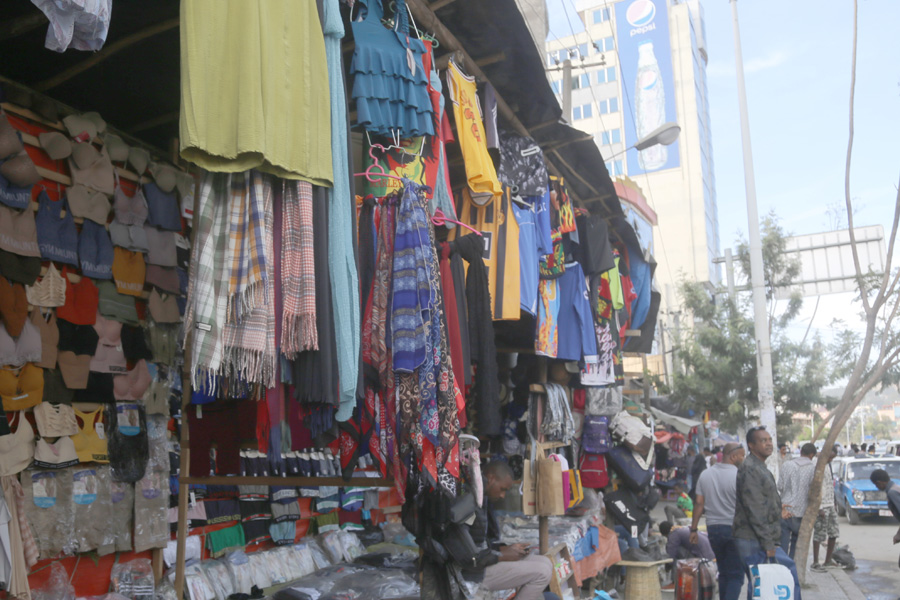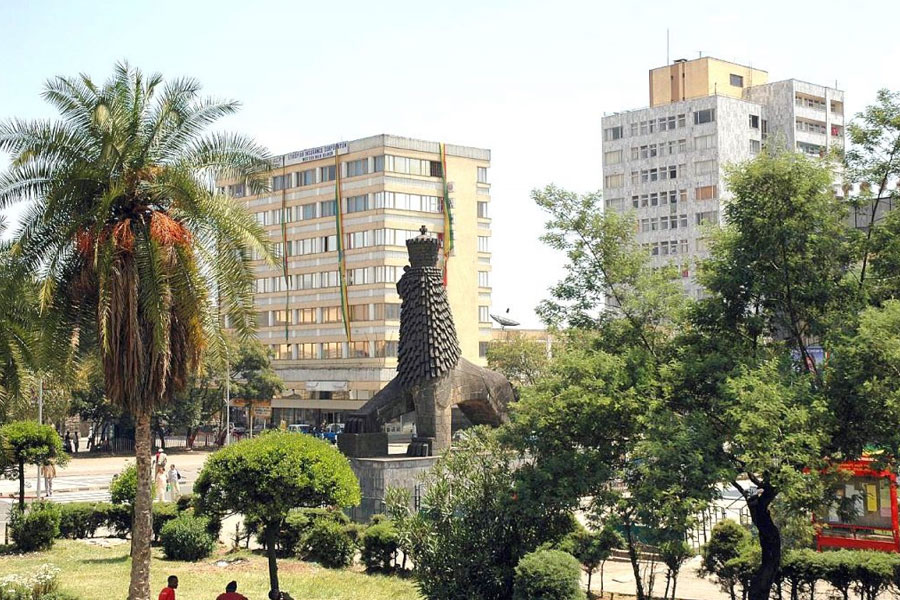
Radar | Dec 19,2021
One of the unintended consequences of the Novel Coronavirus (COVID-19) pandemic has been the closure of virtually every establishment that depends on people gathering in large numbers around a limited space.
Some businesses volunteered and closed early, citing concern for public health. Recently, closing many sorts of businesses, especially bars and nightclubs, has been mandatory. In some parts of the country this ban has been extended to cafes and restaurants.
By all estimates, the pandemic is going to be a temporary problem. But the measures being taken to mitigate its impact and protect our fragile health system from buckling under the weight of patients that would require hospitalisation if there is an outbreak are anything but temporary. For many small businesses, they pose an existential threat.
The same is true of my own situation. Having had the idea to open a creative and cultural centre in the middle of Addis Abeba, we only saw the light of day for a brief period after we opened in the middle of last month. We had to close just a few days later because of the virus. Since we rely on visitors to generate business, we stood no chance in the era of Coronavirus.
Indeed, unlike the pandemic, we always anticipated that it would be difficult to start a business in Ethiopia because of the many layers of bureaucratic barbwire one has to crawl through.
It has been ironic how the government has come to speak highly of, and make symbolic gestures toward, small businesses and innovation, while the reality on the ground is difficult.
Let us also not forget the youth that put their skills and imagination to work to create a better future for themselves and their country only to be lambasted by so many layers of red tape that they are forced to quit. As a result, the government attempts to absorb those it fails to help employ in the private sector with expensive schemes that are of doubtful effectiveness.
Through their creativity, young people have been trying to encourage each other to see the world as borderless. In a belief that people can find commonality with one another in today’s world, these young people saw that it is a time of interconnectivity. It is why the youth have the best weapons to realise socioeconomic progress. But the pandemic has threatened all of this.
While the economic implications are immeasurable, it is important to acknowledge these have been trying times for everyone, including the creative industry that heavily relies on audiences. Since many individuals in the creative industry are freelancers, they are hit harshly when events are canceled, spaces are closed and commissions are retracted.
What was an already fragile ecosystem is now on the brink of destruction. But many artists are reinventing their approach in the hope that audiences will meet them halfway.
The government will also need to step up and support small businesses that have neither the capital nor the savings to weather the economic crisis that has followed on the heels of COVID-19.
In other parts of the world, small businesses, including those in the creative industry, are finding support through imaginative ideas. The case should be no different for Ethiopia. Especially since the country has a small capacity for a comprehensive fiscal response. Unprecedented times bring with them the necessity for unprecedented action. There is no better time for the government to prove that it cares for the private sector, especially small businesses.
It is important for Ethiopia’s creative community to have its very own safe space.
The Spaniard Inn, which opened in the 16th century in Hampstead, North London, is an excellent example of how spaces dedicated to free thinking and expression can spur imagination. Throughout the centuries, the likes of Lord Byron, Mary Shelley, William Blake, William Hogarth and Joshua Reynolds were customers. It was a pub where artists, painters, writers and poets brainstormed together to lead the way.
The Spaniard Inn is just one example among many. All the seeds of great societies that are still standing strong today sprouted from the fertile grounds of safe spaces where creative artists served as the voice of change for their generation.
PUBLISHED ON
Apr 04,2020 [ VOL
21 , NO
1040]


Radar | Dec 19,2021

Sunday with Eden | May 20,2023

Sunday with Eden | Oct 12,2024

Featured | Feb 11,2023

View From Arada | Apr 09,2022

Fortune News | Jul 08,2023

Fortune News | Jul 09,2022

Radar | Jan 22,2022

Viewpoints | May 18,2019

Radar | Apr 26,2019

Dec 22 , 2024 . By TIZITA SHEWAFERAW
Charged with transforming colossal state-owned enterprises into modern and competitiv...

Aug 18 , 2024 . By AKSAH ITALO
Although predictable Yonas Zerihun's job in the ride-hailing service is not immune to...

Jul 28 , 2024 . By TIZITA SHEWAFERAW
Unhabitual, perhaps too many, Samuel Gebreyohannes, 38, used to occasionally enjoy a couple of beers at breakfast. However, he recently swit...

Jul 13 , 2024 . By AKSAH ITALO
Investors who rely on tractors, trucks, and field vehicles for commuting, transporting commodities, and f...

Jun 28 , 2025
Meseret Damtie, the assertive auditor general, has never been shy about naming names...

Jun 21 , 2025
A well-worn adage says, “Budget is not destiny, but it is direction.” Examining t...

Jun 14 , 2025
Yet again, the Horn of Africa is bracing for trouble. A region already frayed by wars...

Jun 7 , 2025
Few promises shine brighter in Addis Abeba than the pledge of a roof for every family...